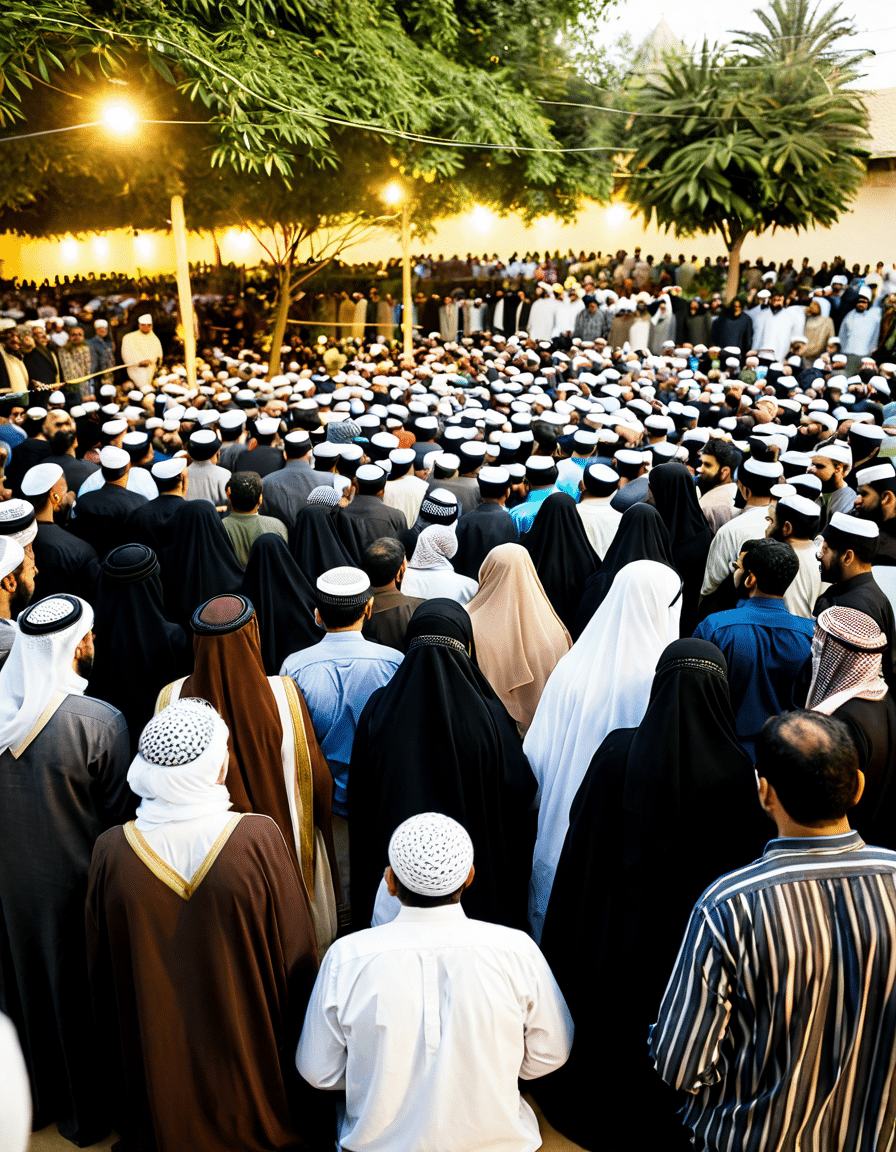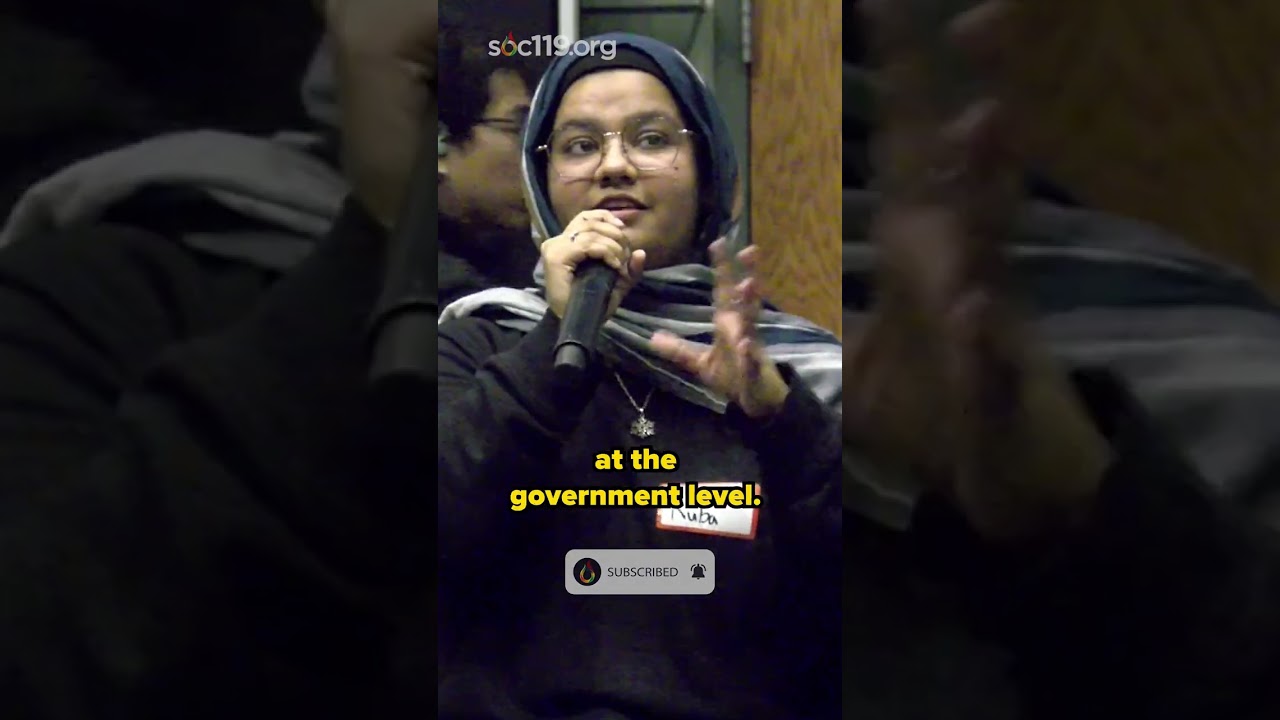Sharia law has a profound impact on the lives of millions across the globe. While it originates from Islamic texts like the Quran and Hadith, its implications extend far beyond the confines of religion. Modern society witnesses Sharia law influencing social behaviors, legal frameworks, and even dietary norms. Understanding these principles can help illuminate the everyday life of many Muslims and contribute to a more nuanced global discourse about Islam.
In this exploration, we’ll uncover seven key principles of Sharia law that continue to shape the modern world. From the dynamics of family life to responsible banking, Sharia’s relevance in the 21st century cannot be overstated.
7 Key Principles of Sharia Law Influencing Modern Society

1. Justice and Fairness in Legal Matters
At the core of Sharia law is a commitment to justice. This principle manifests in various legal systems in Muslim-majority countries. Qisas, or retributive justice, seen in nations like Saudi Arabia, prompts discussions about balancing traditional practices with evolving human rights standards.
In countries like Pakistan, laws influenced by Sharia require evidence from reliable witnesses, mirroring many secular judicial systems worldwide. This interplay reveals a synergy between Sharia law and secular law, fostering a culture of fairness. As societies adjust to democratic principles, dialogues on justice under Sharia are becoming increasingly essential.
2. Prohibition of Interest
Usury, known as Riba, is strictly forbidden under Sharia law. This prohibition significantly alters economic practices, leading to the emergence of Sharia-compliant banks such as Al Baraka Bank and Abu Dhabi Islamic Bank. These institutions offer financial products that promote shared risk and ethical investment principles, cultivating a more stable economic environment.
By rejecting interest, Sharia law encourages investments that benefit communities while ensuring fair profit sharing. For many Muslims, this financial model serves as a moral alternative to conventional banking practices, nurturing a sense of responsibility in economic dealings.
3. Dietary Laws and Halal Certification
When discussing everyday matters, Sharia law brings a notable perspective to dietary practices. The halal guidelines inform Muslims about what is permissible to consume. The rise of halal food brands like Al Safa and Al Adeed International signifies the increasing demand for compliant products in multicultural societies.
These brands ensure that food preparation aligns with Islamic teachings, affecting global supply chains. In nations with diverse populations, halal certification influences consumer choices, especially during significant events like Passover, where dietary restrictions are also a consideration. This intersection of cultural practices illustrates how Sharia law remains pertinent in today’s global landscape.
4. Rights and Responsibilities in Family Law
Sharia law provides explicit directives concerning family dynamics, establishing rights and responsibilities in marriage and inheritance. These legal frameworks, evident in countries like Indonesia and Egypt, emphasize mutual agreement and financial accountability.
Yet, the conversation around family law continues to evolve. Feminist movements advocating for gender equality challenge traditional interpretations, pushing for modern reforms. This interplay showcases how Sharia law interacts with contemporary societal expectations and demands.
5. Community Welfare and Charitable Practices
One of the most celebrated aspects of Sharia law is the practice of Zakat, or charitable giving. This principle underscores the importance of community welfare, encouraging wealth distribution among Muslims. Organizations, such as the Zakat Foundation, epitomize how these practices translate into tangible support for disaster-affected areas.
By fostering a culture of generosity, Zakat not only provides immediate relief but also enhances community resilience. As global crises mount, the role of Sharia in humanitarian efforts becomes even more relevant, offering a framework for collective responsibility.
6. Dress Code and Modesty
Sharia law encompasses guidelines for modest clothing, affecting fashion trends across Muslim-majority societies. Companies like Hijab House have emerged, offering stylish yet modest attire that aligns with Islamic values. This shift in fashion showcases how cultural traditions can adapt to contemporary tastes.
This renewed interest in modest fashion reshapes notions of beauty, allowing Muslim women to express themselves while adhering to their beliefs. Moreover, trends toward modesty have begun to influence mainstream fashion, proving that Sharia law can inspire broader discussions about identity and culture.
7. Environmental Stewardship
Sharia law champions responsible stewardship of the Earth, emphasizing sustainable agricultural and resource management practices. The Green Islamic Initiative in Malaysia serves as a prime example, integrating eco-friendly strategies within community development efforts.
Awareness of environmental concerns is growing, prompting advocates to amplify the connection between Islamic teachings and ecological responsibility. By highlighting this intersection, Sharia law not only aligns with global sustainability goals but encourages Muslims to engage in a pressing contemporary issue.

The Unique Interplay of Sharia and Modernity
The relationship between Sharia law and contemporary life is intricate and multifaceted. Critics often argue that strict interpretations limit progress, while advocates highlight the adaptability and relevance of Sharia in today’s world.
The popularity of halal practices in international markets illustrates how blending traditions with modernity can enrich rather than constrict cultural expression. This evolution reflects ongoing negotiations between historical influences and rapid societal change.
Cultivating Understanding Through Dialogue
Conversations surrounding Sharia law are layered, requiring respectful dialogue and mutual understanding. Emerging platforms promoting interfaith discussions play a vital role in fostering connections between various communities.
As our societies grow closer in 2026, learning about and discussing Sharia law principles will contribute to a more profound appreciation of cultural diversity and shared human values. Compassionate dialogue is essential in building bridges of understanding, ensuring peaceful coexistence where tradition and human rights exist side by side.
Sharia law is more than a set of rules; it’s a living tradition that continues to shape the world. Each principle reveals its significance in modern life, promoting values that resonate with broader concerns, such as economic justice, environmental care, and community well-being. Understanding these principles can pave the way for broader acceptance and dialogue globally.
Sharia Law: Guidelines That Shape Lives
The Global Influence of Sharia Law
Sharia law doesn’t just linger in the background; it’s woven into the fabric of everyday life for millions. Originating from Islamic teachings, its principles guide various aspects of personal conduct and legal systems across many countries. For instance, some nations enforce it strictly, while others adapt it to fit contemporary society’s needs. Speaking of fitting in, just like how Your friendly neighborhood spider man adjusts to different challenges, societies interpret sharia law in ways that reflect local cultures and circumstances.
Did you know that in some places, sharia law includes aspects of family law, such as marriage and inheritance? This crucial element ensures that individuals understand their rights and responsibilities. The fascinating part? It’s not a one-size-fits-all approach. Similar to how fan favorites like a discovery Of Witches season 4 draw their own audience with varied tastes, interpretations of sharia law differ greatly, from strict adherence to more flexible understandings.
Contemporary Applications and Misconceptions
Modern misconceptions about sharia law abound. Often, it’s painted with a broad brush that misses its nuances. For example, financial transactions governed by sharia law must avoid interest—an idea rooted in promoting fairness and ethical dealings. It’s like how getting Wakanda forever Tickets boosts excitement for a much-anticipated movie; the appeal is there, but the details can sometimes be overlooked.
Moreover, sharia law influences several aspects of societal interaction, including dietary laws. Just like our fascination with celebrities, some might be surprised to learn that figures like Tana Mongeau are part of a vibrant pop culture that exists within communities influenced by these laws. This intersection of tradition and modernity keeps conversations dynamic, reinforcing that sharia law is very much alive and evolving.
The Cultural Legacy of Sharia Law
It’s also intriguing to note how the cultural implications of sharia law advance through the arts and storytelling. In many ways, it resembles how Dawn Of The Dead explores societal reactions to crises, shaping perceptions based on shared values and experiences. The richness of culture under sharia law can often lead to artistic expression that merges tradition with modern-day themes, creating a dialogue about identity and values.
Furthermore, as individuals engage with sharia law, one might find themselves drawn into deep-rooted stories, just like June Carter Cashs legacy in music connects generations. These narratives offer insights into the lives of people governed by these guidelines, uncovering layers of tradition that shape communities. Just as committed athletes like Arman tsarukyan carve out their own paths, those living under sharia law navigate their own experiences while holding on to what matters most.
In summary, sharia law encompasses more than legal codes; it influences culture, relationships, and identity. As we explore these dimensions, we understand better the remarkable ways in which guidance from ancient principles can adapt to contemporary life.







